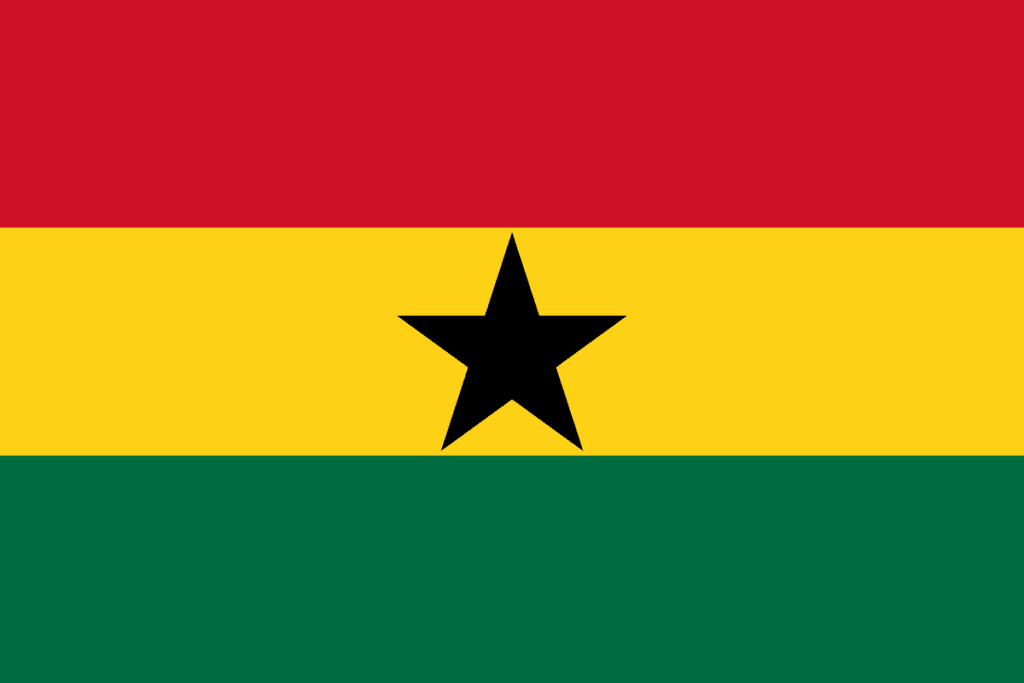In pre-independent and pre-modern society, women in Ghana were only seen as child-bearers, fishmongers and farmers.
Traditionally, women’s childbearing abilities were perceived as a way for lineage ancestors to be reborn. In pre-colonial times, polygamy was encouraged, especially by wealthy men. In patrilineal societies, dowry received from marrying off daughters was traditionally seen as an acknowledgement to parents for raising their daughters well.
In the last couples of decades, female gender roles have evolved tremendously. Ghanaian women now account for approximately, 43.1% of the working class in Ghana. Females have climbed to the upper leadership echelons of politics, career, business, and all other sectors.
The Panafest festival which celebrates roots, also known as the Pan African Historical Theatre Project is a cultural event held in Ghana every two years for Africans and people of African descent. First held in 1992, the idea of this festival is to promote and enhance unity, Pan-Africanism, and the development of the continent of Africa itself.
Activities that occur at this festival are performances and work in the areas of theatre, drama, music, and poetry, among other things. Also, there are viewing of the durbar of chiefs, and tours to various places of interest, such as slave castle dungeons.
There are three distinct types of music: ethnic or traditional music normally played during festivals and at funerals; “highlife” music, which is a blend of traditional and ‘imported’ music; and choral music, which is performed in concert halls, churches, schools, and colleges.°
Each ethnic group has its own traditional dances, with specific dances for different occasions. Some of these specific dances are meant for funerals, celebrations, storytelling, praise and worship. There are various dances in Ghana performed by the ten regions across the country, most frequently during festivals and occasions such as funerals, marriage ceremonies, etc.
These dances are performed to entertain and educate people ( e.g. The ‘Gome’ dance, as performed by the Gas of the Greater Accra Region of Ghana during the Homowo festival in August). Other dances in Ghana includes kpalongo performed by the Gas, Agbadza by the Ewes, Adowa by the Akans, Bambaya by the Northerners, Patsa by the Ga-Adangbes, and many others. There are many dances that have originated from Ghana and their ethnic groups.
Some customs of Ghanaians are: Funerals are where libations are poured. Sexuality is not discussed in Ghana, as well as, being Left handed is frowned upon, as it is believed using the left hand to greet or speak to the elderly shows a sign of respect.
Also read: All the facts you need to know about Ghana: (1)


